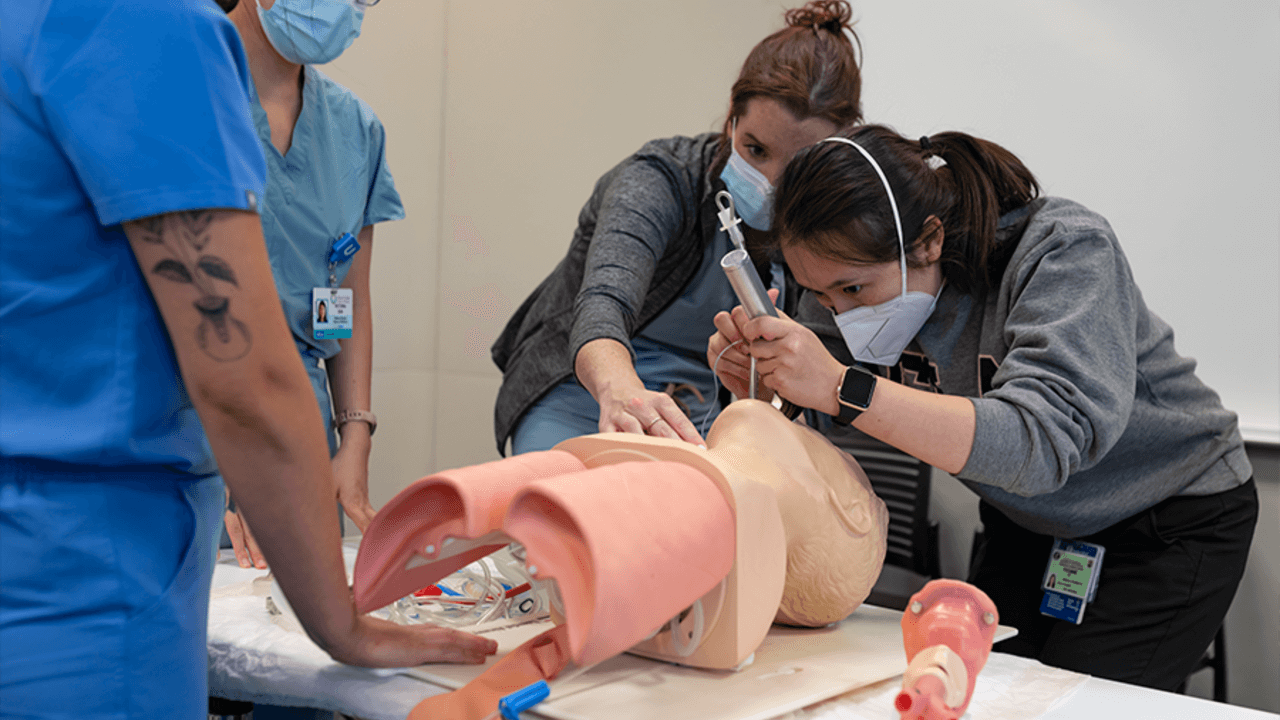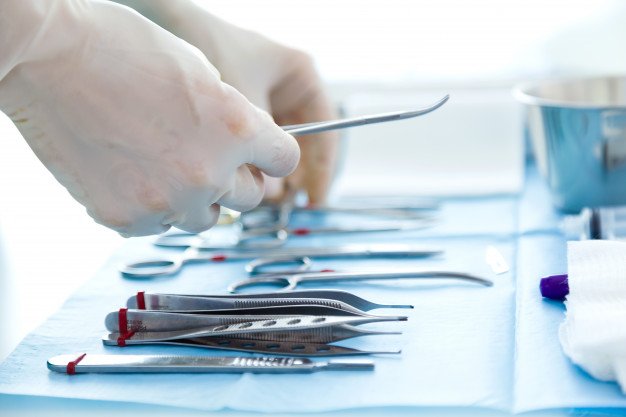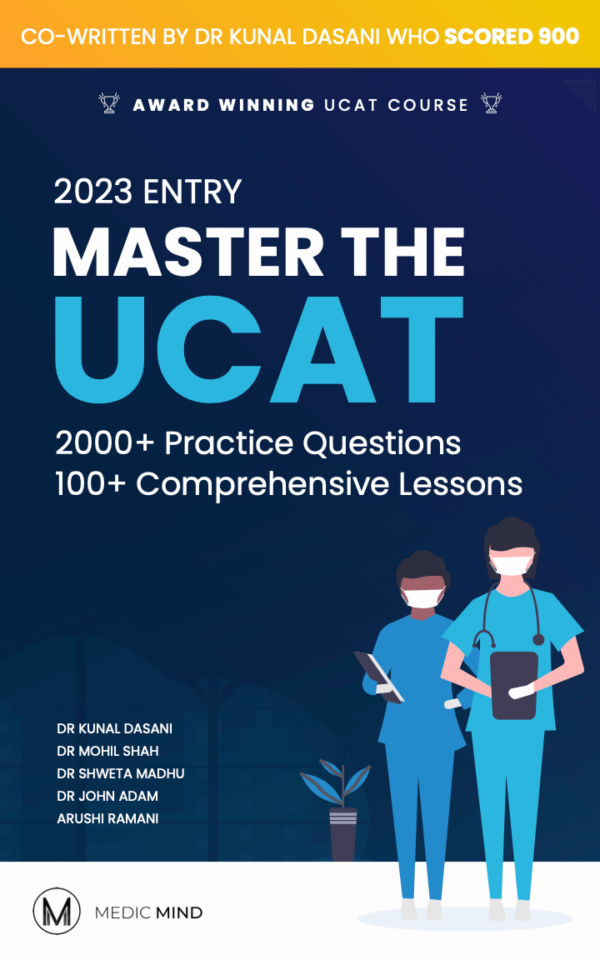Loading...

Medicine Work Experience: Surgical Work Experience
When conducting work experience, including surgical work experience, in medicine there are lots of different specialties you can observe. Shadowing a surgeon is a great opportunity to another side of medicine. You’ll get an understanding of a the journey of a surgical patient including both emergency admissions through A&E or a planned elective procedure. You’ll also get a chance to see the role of an anaesthetist who’s responsible for looking after a patient while they’re unconscious.

What can I see?
There are many surgical specialties so what you see will depend on where you’re placed. You may be with a general surgeon, in which case you will get to see a broad range. Alternatively you may be with a specialised surgeon who performs very specialised surgeries that aren’t available in many places.
Some of the types of surgery that may be available to see include:
- Cardiothoracic
- Colorectal
- Hepatobiliary
- General surgery
- Neurosurgery
- Oral and maxillofacial
- Otolaryngology (ENT)
- Paediatric
- Plastic surgery
- Trauma and Orthopaedics
- Urology
- Vascular

Within each surgical specialty you may get to observe a surgical procedure, attend ward rounds for pre and post-operative patients and attend clinical consultations with patients looking for a diagnosis or recovering from an operation. If you are able to shadow a surgeon as part of your work experience you will gain a huge amount of insight into the running of surgical departments and wards.

Preparing for Surgical Work Experience
Do some reading
If you know you are shadowing a surgeon on a particular ward think about what are the common procedures that surgeon will be performing. Have a read up on these, as it will help you understand what is going on in the operating theatre.
Wear comfortable shoes
This may sound silly, but surgery can be long and a comfy pair of shoes is essential. Some surgical wards will want you to wear scrubs and trainers (scrubs probably provided) while others will want you to dress professionally. Make sure that you aren’t wearing anything with a big heel or any shoes that are likely to give you blisters.
Kickstart your Interview Prep
Ask questions (especially about anatomy)
This is a great opportunity to learn about anatomy and what the inside of the body looks like. When at an appropriate time (e.g. not during an emergency!) ask questions about what the surgeon is going to be doing and also why. They may be able to point out unusual pathology or normal pathology which you can talk about in your personal statement and at interview.
Think about other members of the team
Medical schools are keen for you to have a good understanding of members of the multidisciplinary team. During your placement take a note of the different roles and how they contribute to patient care. For example, do you know what a scrub nurse or operating department practitioner do?
Frequently Asked Question
→What is surgical work experience?
Surgical work experience involves shadowing or observing surgeons in a hospital or clinical setting. It provides students with an opportunity to gain insight into the daily activities of a surgeon, understand the surgical procedures, and learn about patient care.
→How can one obtain surgical work experience?
One can obtain surgical work experience by contacting local hospitals, clinics, or surgeons and inquiring about shadowing or observing opportunities. It is important to research the requirements and guidelines for each institution or surgeon and obtain necessary permissions or certifications.
→Are there any risks or limitations to surgical work experience?
Surgical work experience may involve exposure to infectious diseases, hazardous materials, or other risks associated with the medical profession. It is important to follow safety guidelines and procedures and to obtain necessary certifications or immunizations. Additionally, surgical work experience may be limited or unavailable due to scheduling, availability, or other factors, and it is important to be flexible and adaptable in these situations.
→What are the benefits of surgical work experience?
The benefits of surgical work experience include gaining insight into the medical profession, developing an understanding of the daily activities of a surgeon, learning about surgical procedures and patient care, and developing teamwork and communication skills.
→Why is surgical work experience important for aspiring medical professionals?
Surgical work experience is important for aspiring medical professionals as it helps them understand the realities of being a surgeon, including the daily activities, challenges, and rewards of the job. It also provides an opportunity to learn about surgical procedures, patient care, and the importance of teamwork.
→What is the best work experience to get into med school?
The best work experience to get into medical school is one that provides candidates with exposure to the medical profession, helps them develop key skills and qualities required for the profession, and demonstrates their commitment and dedication to the field.
Some examples of work experiences that can be valuable for medical school applications include:
Clinical experience: Shadowing or observing healthcare professionals in a clinical setting, volunteering in hospitals or clinics, or working as a medical scribe can provide candidates with exposure to patient care and medical procedures.
Research experience: Conducting research in a medical field, working in a laboratory, or participating in research projects can demonstrate a candidate’s ability to think critically and analyze data, which are important skills in medicine.
Community service: Volunteering in community service organizations, such as those focused on public health, health education, or health promotion, can demonstrate a candidate’s commitment to serving others and improving public health.
Leadership experience: Holding leadership positions in student organizations or community service organizations can demonstrate a candidate’s ability to take initiative, work collaboratively, and make a positive impact in their community.
Ultimately, the best work experience for medical school will depend on the candidate’s interests, strengths, and goals. It is important to choose experiences that are meaningful, relevant, and demonstrate the qualities and skills that medical schools are looking for in their applicants.
Related Articles
Related links
MMI interview preparation with our live interactive day and comprehensive feedback
Personalised 1-1 lessons, tailored to your interview preparation
Covering 8 interview topics, with model answers, live MMI analysis and hot topics





Was this article helpful?
Still got a question? Leave a comment
Leave a comment